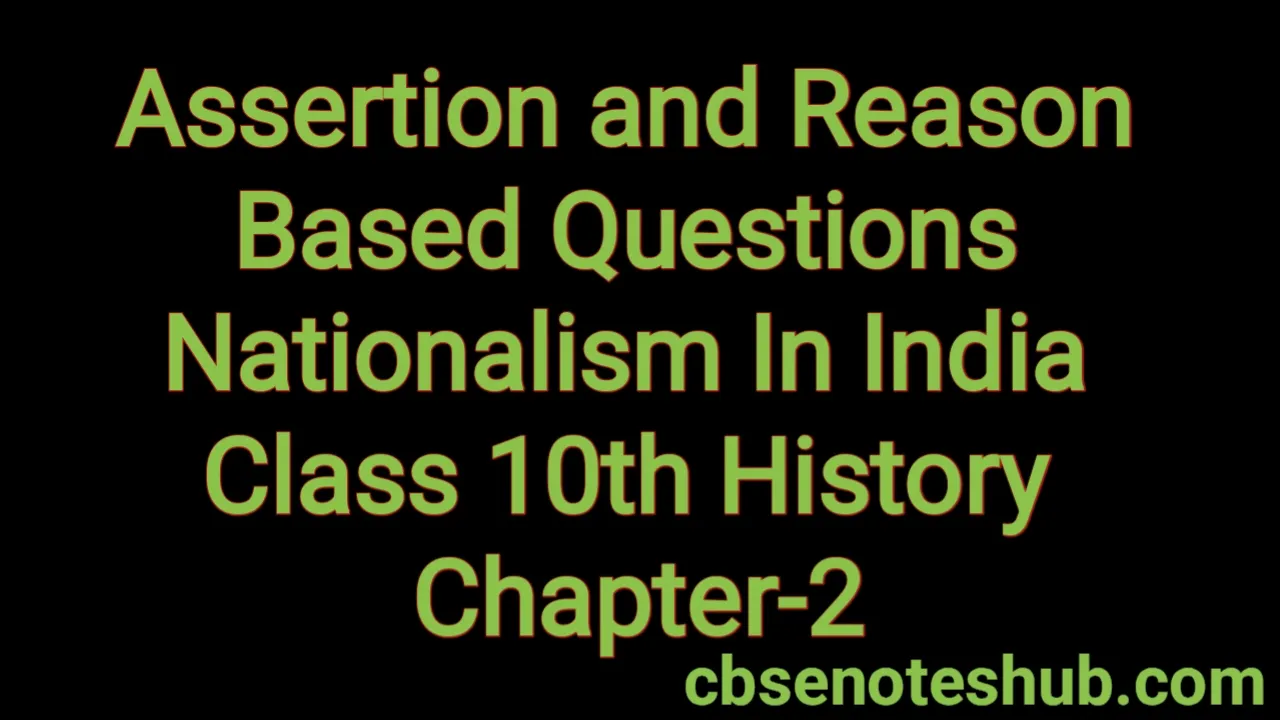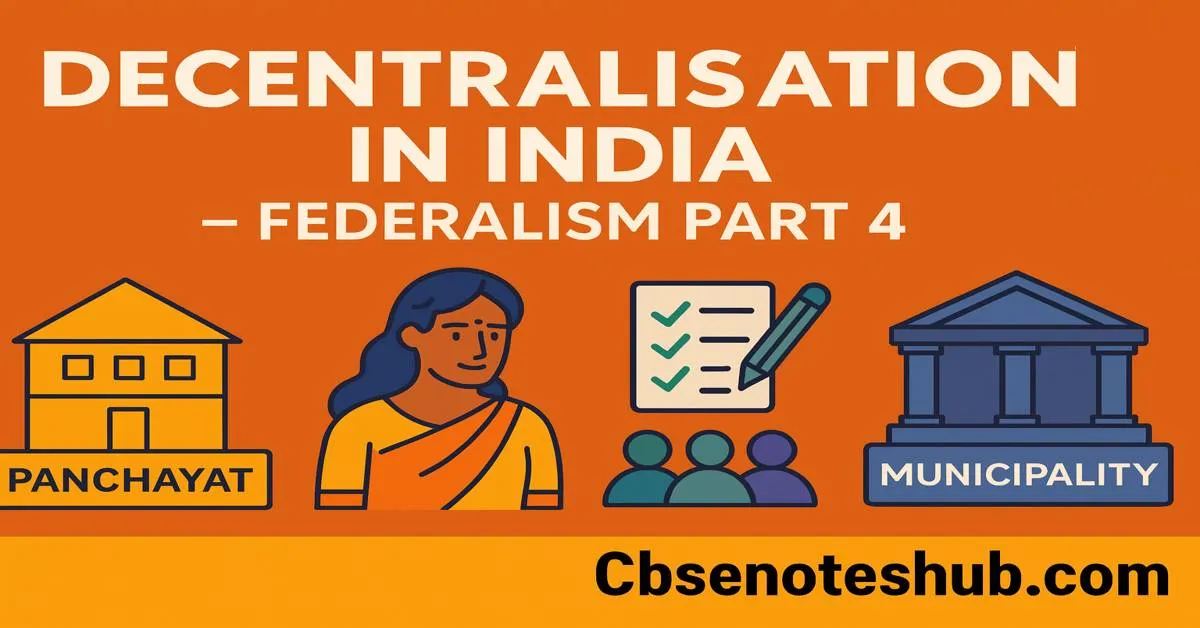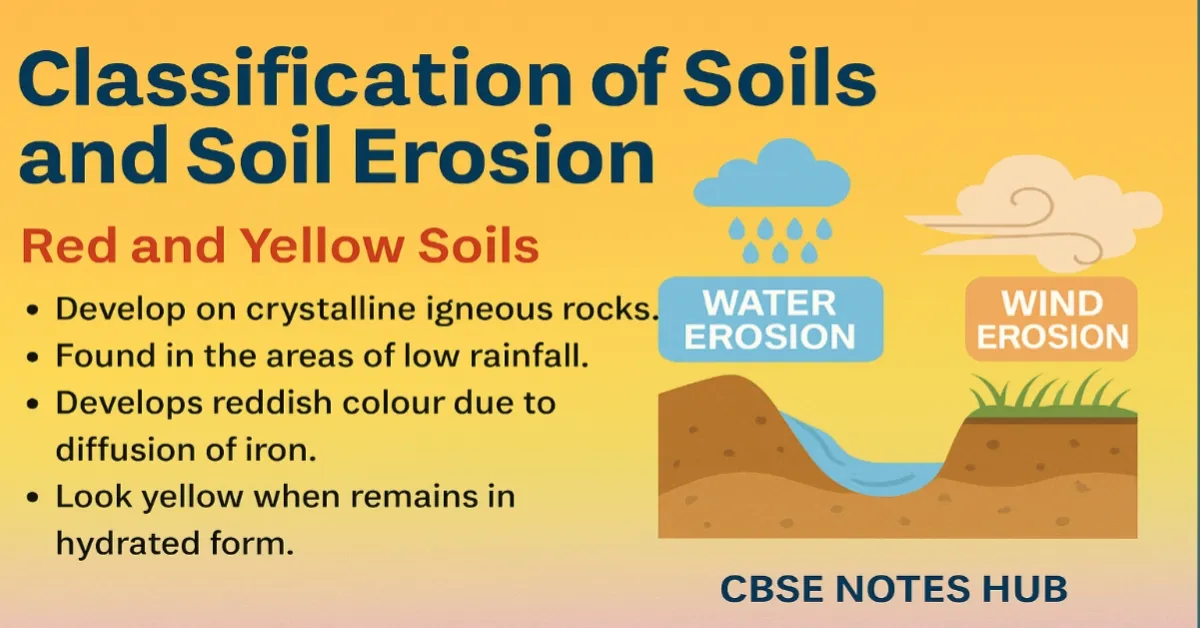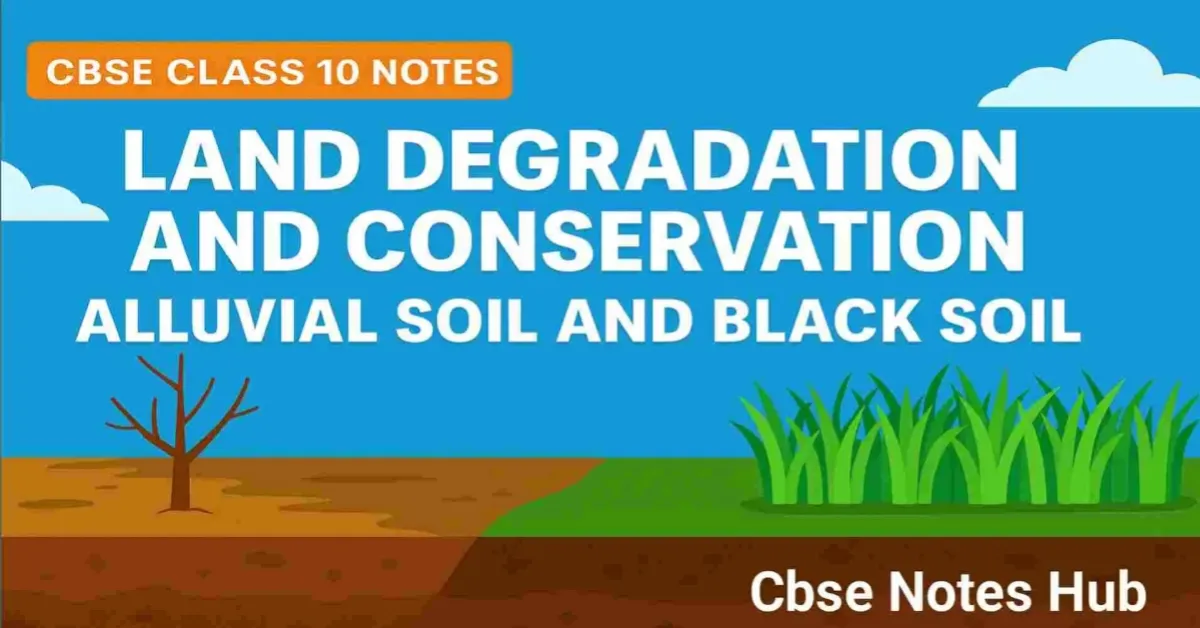Assertion and Reason Questions – Nationalism in India | Class 10 History Chapter 2
Solving assertion and reason-based questions requires an in-depth understanding of the topic. This post provides that understanding for Class 10 History – Chapter: Rise of Nationalism in India. Assertion and Reason Based Questions Class 10 History – Chapter 2: Nationalism in India In the questions given below, there are two statements marked as Assertion (A) … Read more










